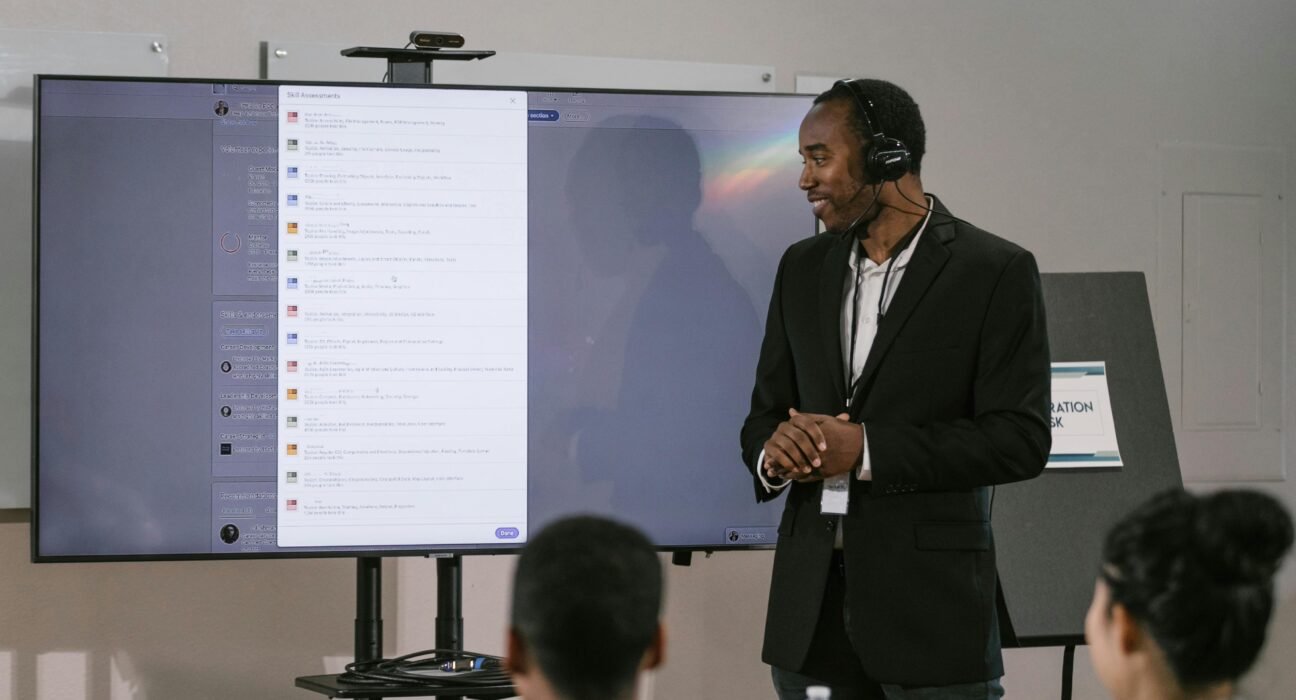First enforcement under KYC legislation sets regulatory precedent for Caribbean gambling hub
The Public Prosecutor’s Office (PPO) of Curaçao, Sint Maarten, and the Caribbean Netherlands has reached an out-of-court settlement with 12 online casino operators for failing to comply with player identity verification requirements under Curaçao’s financial and gambling regulations. This represents the first enforcement action in the territory under its Know Your Customer (KYC) laws, marking a shift toward more aggressive oversight of the island’s iGaming sector.
Investigation “Nebraska”: Spotlight on Unchecked Accounts
The enforcement stems from “Nebraska,” a PPO-led investigation into 17 gambling sites launched after complaints and media scrutiny from the Foundation for Representation of Victims of Online Gaming. The Central Team under the PPO found that operators allowed users to register, deposit, and play without verifying their identities—a direct violation of Curaçao’s KYC requirements.
These measures are critical for curbing money laundering, underage gambling, fraud, and identity misuse. Despite these obligations, the review found systemic failures in compliance across all examined platforms.
Fines, Settlements and Non-Admission of Guilt
Twelve legal entities reached a settlement with the PPO, each agreeing to pay XCG 22,500 (~$12,570) per operating license. Collectively, 11 companies paid XCG 360,000 ($201,120), though one operator failed to meet the payment terms. Consequently, that operator’s settlement was revoked, and criminal proceedings have been initiated.
Crucially, while the companies accepted the settlement terms, they did not admit fault or accept criminal liability, a legal nuance that enables the PPO to close the cases without trial while still enforcing financial penalties.
Growing Regulatory Scrutiny on Curaçao’s Gambling Sector
The settlement represents more than just a punitive measure—it underscores a regulatory sea change in Curaçao’s approach to online gambling. Once regarded as a permissive jurisdiction, the island is undergoing regulatory reforms aimed at aligning with international anti-money laundering standards and boosting the credibility of its gaming sector.
The move also comes as tech companies like SCCG Management and Aware ramp up promotion of biometric and AI-powered identity verification tools, seeing increased demand from operators now under pressure to fortify their compliance infrastructure.
What’s Next: Policy Implications and Sector Impact
This enforcement signals a turning point for Curaçao, which licenses over 12,000 gambling websites globally. With upcoming reforms from the Curaçao Gaming Control Board (GCB) expected to overhaul licensing and compliance frameworks, operators must now proactively enhance their KYC protocols, or risk legal exposure and reputational damage.
For international gambling operators, the case sends a clear message: minimum compliance is no longer enough. As regulators across Europe, Asia, and now the Caribbean increase pressure on transparency and player protection, technology adoption and internal accountability will define the next phase of global iGaming operations.

